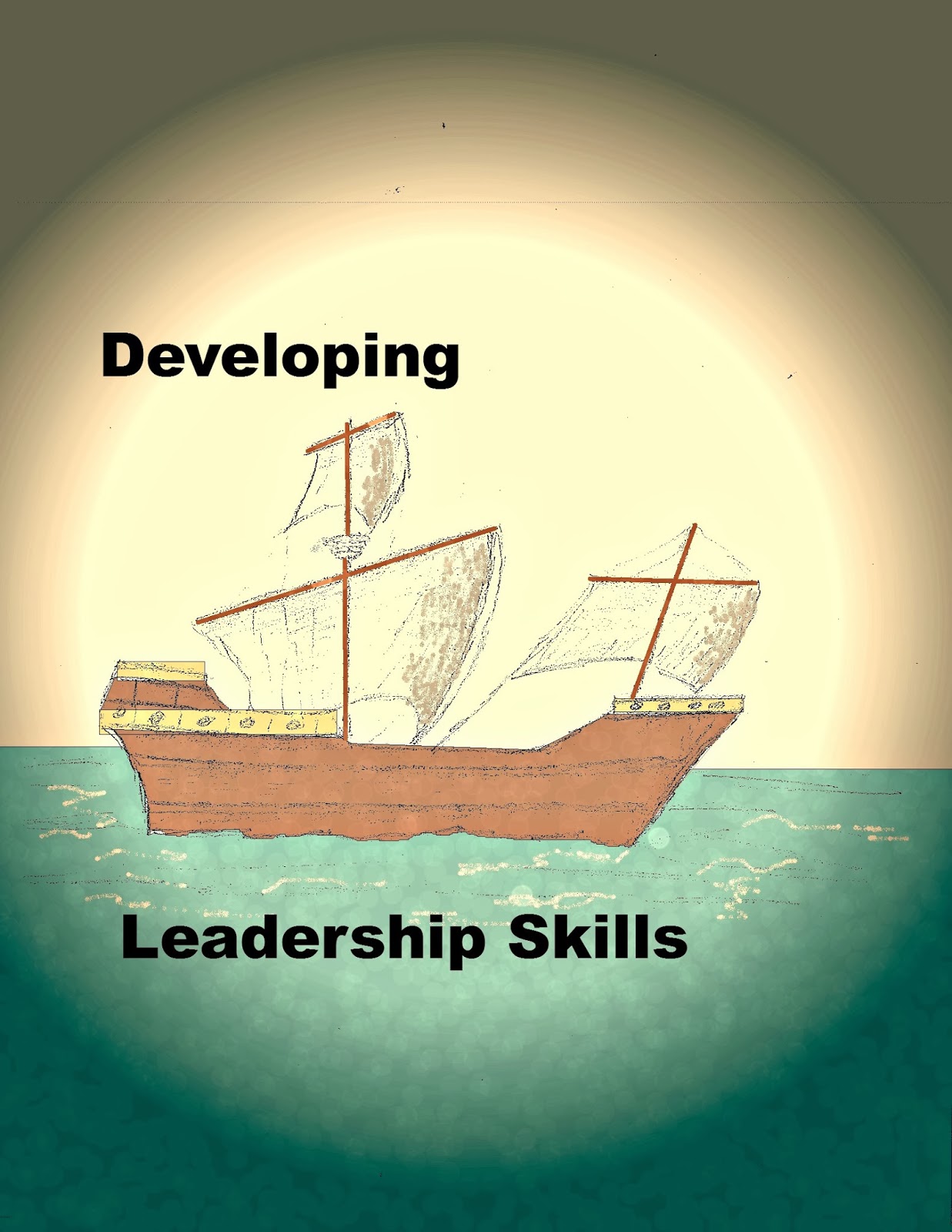Leadership in the military is an important concept
that helps to push the envelope to achieve higher objectives. According to the
author Douglas Crissman, leadership includes enhancing decision-making skills,
confidence and problem solving to reach new heights. Without developing these
skills leaders may have limited ability to handle difficult problems.
The Center for Army Leadership Annual Survey of Army
Leadership (CASAL) assesses the attitudes and perceptions of leadership
development. The lowest rated competence for the fifth year in the row is
developing others. A total of 59% of Army leaders were regarded as effective at
developing their subordinates. A quarter of all units indicated a low or very
low priority on leadership development activities.
Improving consistency and ability of unit level
leadership includes:
-Increased awareness about leadership development as
a process versus a single event. Training should be seen as the totality of its
program versus individual stand alone elements. As each element is mastered it
creates a sequence of learning that leads to higher level learning.
-Enhance current leadership at the battalion and
brigade level to ensure that they are focused on developing future leaders. Each
higher level position should be developing the people below to create a funnel
of leadership development.
-Expand current senior administration accountability
to include leadership development programs. Refocusing on leadership
development in each of the unit level positions creates better grooming
grounds.
The goal is to create instructional operated
leadership that develops a lifelong synthesis of education, training and
experience. It is helpful to connect all
the leadership development activities together to create a flowing and ongoing
process of development that allows people to reach their highest state of
development. Experiences can be linked
and reinforced to create developmental opportunities that eventually impact
behavior. Training occurs primarily on the job and should ensure leadership
learning occurs simultaneously with skill development. Leaders should learn
more about how to think rather than indoctrination into what to think. Future
leaders will need these abilities to overcome new challenges that are yet unseen.
Crissman, D. (2013). Improving the leader
development experience in army units. Military
Review, 93 (3)
